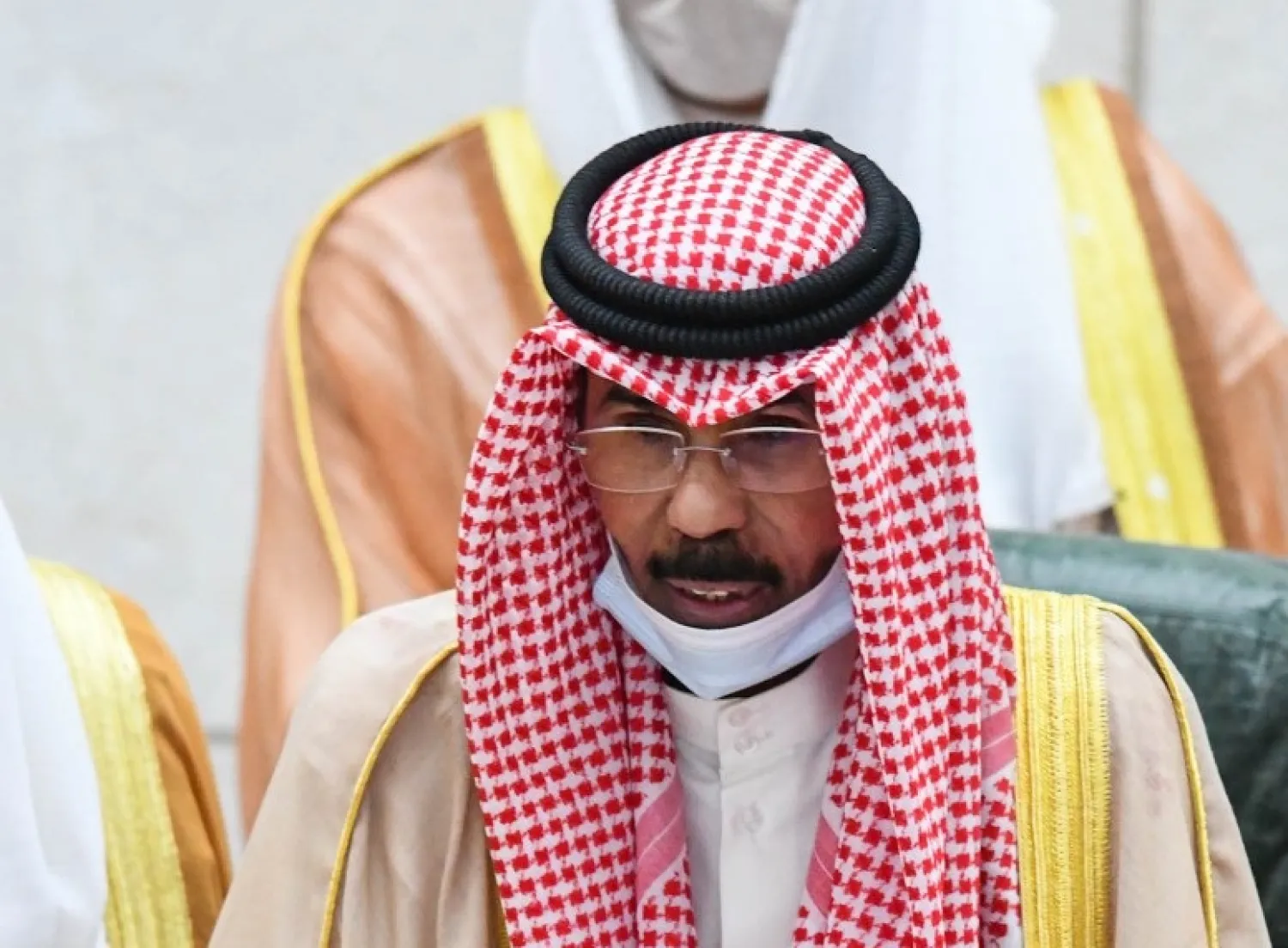Emir of Kuwait Sheikh Nawaf Al-Ahmad Al-Jaber Al-Sabah opened on Tuesday the second session of the 16th legislative term of the National Assembly with calls for cooperation.
In a speech to parliament, he reiterated the importance of efforts to reinforce reforms and serve the people.
National Assembly Speaker Marzouq Al-Ghanim praised Sheikh Nawaf’s call for dialogue, stressing the importance of dialogue and round-table policy to resolve fateful problems amid sharp political disputes in the country.
He also lauded the national dialogue talks, which have had a great impact on achieving political stability. Al-Ghanim said political stability would be achieved through correct and wise use of constitutional tools.
Sheikh Nawaf had in September called for national dialogue between the legislative and executive authorities to resolve disputes between them.
“The Kuwaiti people will immensely benefit from the solemn cooperation between legislative and executive authorities,” said Prime Minister Sheikh Sabah Al Khaled Al-Hamad Al-Sabah while delivering a speech on behalf of the Emir.
The dialogue had also resulted in the pardon of several Kuwaitis, continued the Emir, stressing that such a step helped stabilize the political situation in the country.
Sheikh Sabah Al-Khaled said the government and people of Kuwait were grateful for the Emir’s intervention and keen leadership.
The cabinet will work tirelessly to address problems facing the people, vowed the PM.
He remarked that the coronavirus pandemic was the biggest challenge affecting all aspects of life in Kuwait and the world.
The prime minister noted that the world was going through severe economic challenges requiring the legislative and executive authorities to focus on reforming the economy through a comprehensive plan that promotes economic diversity.
The private sector should be given the opportunity to share the state’s goal in boosting economic development, urged Sheikh Sabah Al-Khaled.
The PM also touched on internal and external security of Kuwait, saying it was a vital component for development and stability. He stressed that the government would work on bolstering the country’s defensive capabilities.









